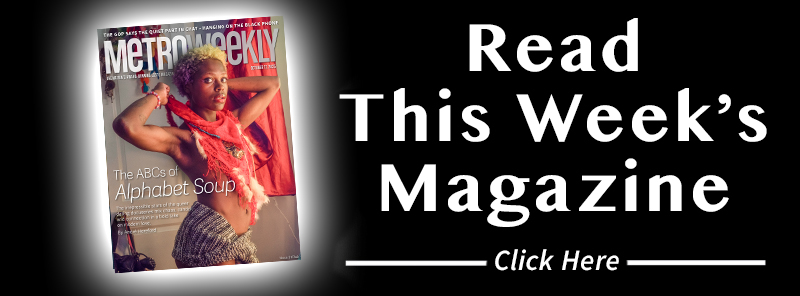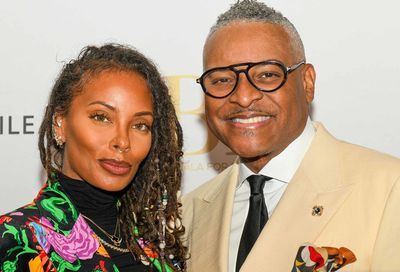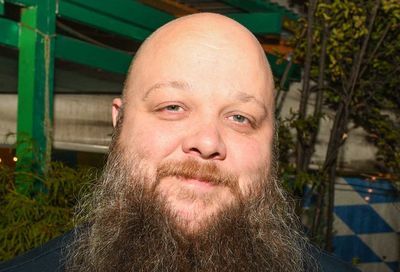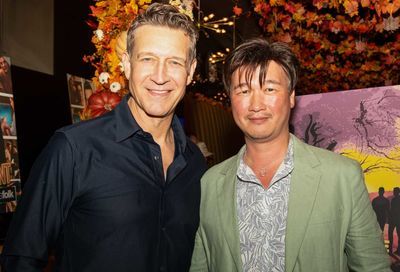Lavender Legalese
A new group hopes to offer free legal services to Maryland's GLBT community
It was more than a year ago that Lisa Kershner, a lawyer with a private practice in Calverton, Md., and others met with Dan Furmansky, executive director of Equality Maryland, to discuss the possibility of launching the state’s first free legal clinic specifically focusing on members of the GLBT community.
”One of the things that Dan had told us, right off the bat, is that they get on a regular basis calls from people who need legal help, but who don’t know who to call in the community,” Kershner says. ”They know Equality Maryland does something for gays and lesbians, so they call there.”
Since that meeting, Kershner and the steering committee behind the Free State Clinic LGBT Legal Project have been conducting outreach within the gay community to verify and confirm that there is a lack of services, and to learn as much as possible about the needs of their potential clients.
”We want to provide legal services to GLBT people who can’t afford lawyers, but who have a variety of legal needs,” says Kershner, ”ranging from family law matters to, in the case of transgender persons, name change and identity change proceedings. We hope to be very involved in representing youth and advocating for them.”
Of the five people who serve on the group’s steering committee, three are lawyers and two are law students, Kershner says. Members of the Free State Clinic LGBT Project recently formed a board of directors, which will play an integral part in the group’s decision-making process.
”We’re moving in the direction of increasing kind of an organizational structure,” she says.
Members of the LGBT Project raised $30,000 through private donations and a start-up grant last year. Currently, the group is in the process of applying for grants with the Maryland Legal Services Corporation and the Pro Bono Resource Center of Maryland that would provide the group with total funds of nearly $100,000.
”With that seed money, our plan is to start as a training, recruitment and referral center, for [GLBT] people in need,” Kershner says. ”We’ll likely focus on Baltimore City in the beginning, with the goal of expanding this type of service statewide.”
A ”collaborative and cooperative” relationship with Equality Maryland and its leader, Furmansky, who also serves on the Free State Clinic LGBT Project’s board of directors, is what group members are aiming for.
Eventually, the Free State Clinic LGBT Project hopes to work with other resources, such as faculty from the University of Maryland.
”From the inception, we had a concept of working very closely with law schools,” says Kershner. ”In particular their clinical education programs, hence the name ‘clinic.’ And we still have that vision.”
For more information, visit www.freestateclinic.org or call 410-625-9409.
Support Metro Weekly’s Journalism
These are challenging times for news organizations. And yet it’s crucial we stay active and provide vital resources and information to both our local readers and the world. So won’t you please take a moment and consider supporting Metro Weekly with a membership? For as little as $5 a month, you can help ensure Metro Weekly magazine and MetroWeekly.com remain free, viable resources as we provide the best, most diverse, culturally-resonant LGBTQ coverage in both the D.C. region and around the world. Memberships come with exclusive perks and discounts, your own personal digital delivery of each week’s magazine (and an archive), access to our Member's Lounge when it launches this fall, and exclusive members-only items like Metro Weekly Membership Mugs and Tote Bags! Check out all our membership levels here and please join us today!
























